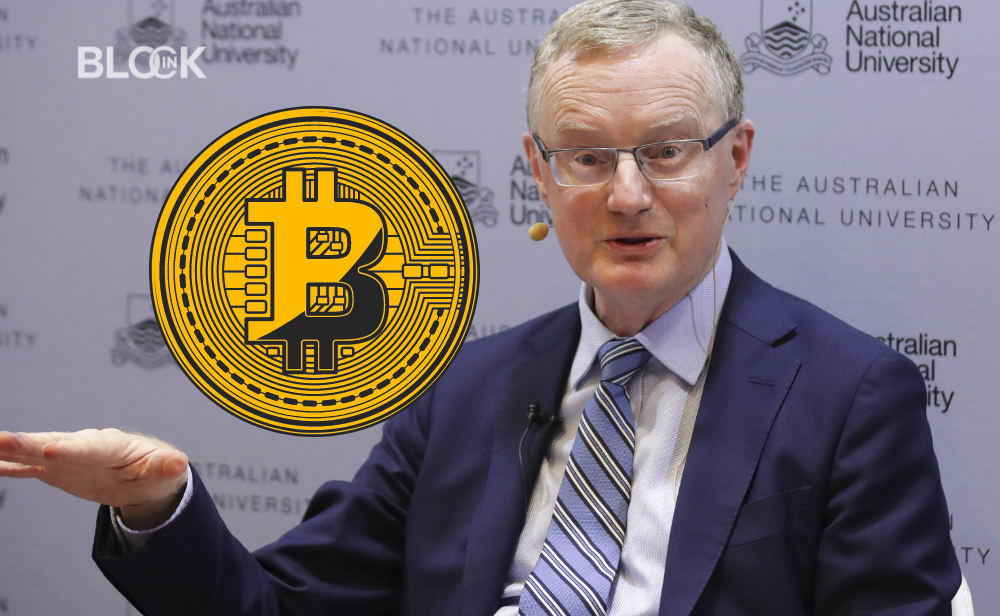
Australia-based central bank Governor Philip Lowe reportedly remarked that a private solution “is going to be better” for the crypto scene, under the condition that regulations help steer risks away.
Specifically, Lowe reportedly delivered his comments during a recent G20 finance meeting in Indonesia, where officials from different nations sat together to talk about the effect of stablecoins and decentralized finance (DeFi) on global financial systems.
Recently surfaced risks related to stablecoins can largely be chalked up to de-pegging events. In May, the Terra USD stablecoin UST, which has since changed to Terra Classic USD (USTC), lost its peg and consequently brought down the value of the whole Terra Classic ecosystem, which resulted in a consequent impact that caused billions of dollars in financial damage, which had Tether (USDT) and the DEI stablecoin briefly depending.
Per Lowe’s suggestion, concrete regulations or even state support could offer assistance in steering these risks clear from the public.
“If these tokens are going to be used widely by the community, they are going to need to be backed by the state or regulated just as we regulate bank deposits.”
While the authority would take care of generating the proper regulations, Lowe further noted that the best case scenario is if the private sector is in charge of building the technology. From his perspective, private establishments possess a distinctive edge compared to “the central bank at innovating” the best functionalities for cryptocurrency.
“There are also likely to be very significant costs for the central bank setting up a digital token system.”
The National Association of Federally-Insured Credit Unions reportedly has a similar skeptical attitude as Lowe, regarding the implementation of a digital token at central banks, citing reasons related to high costs, via a letter to the U.S. Commerce Department.
Nonetheless, his perspective regarding the costs of digital token networks at central banks is not supported by the nations in the process of building or testing central bank digital currencies (CBDC), nominally China, the European Union, and the Bahamas.

Comments